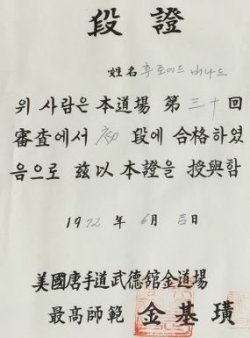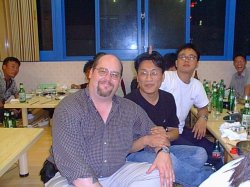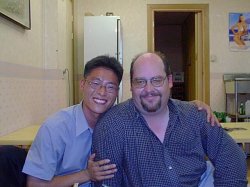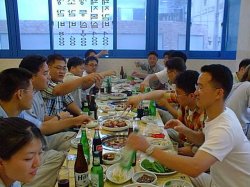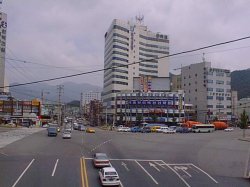KangTsai
2nd Black Belt
With the amount of people training taekwondo and the like forced to learn at least a tiny bit of broken Korean from their instructors, please ask me to correct, define or refine anything.
Qualifications:
Am Korean
I translate Korean to English for written documents (essays, CVs).
Qualifications:
Am Korean
I translate Korean to English for written documents (essays, CVs).

